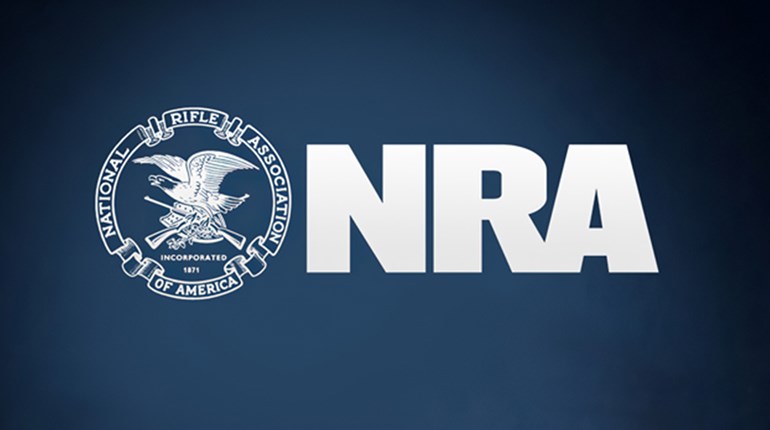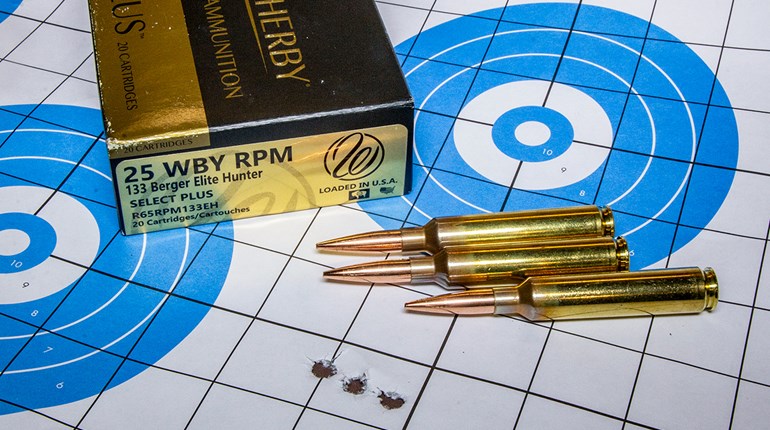
S. 838 and H.R. 1558 would protect the rights of shooters to use traditional ammunition by clarifying that the components used in manufacturing shells, cartridges and fishing tackle are exempt from EPA regulation under the Toxic Substance Control Act.
A ban on traditional lead ammunition could impact not only those who use firearms to hunt, but all types of shooters, with potentially huge increases in ammunition prices and possible shortages in more obscure calibers and loads.
It is feared the higher costs associated with alternative ammunition could potentially price everyday consumers out of the market.
In November 2010, the EPA denied a petition by the litigious environmental group Center for Biological Diversity, to ban the production and distribution of traditional ammunition. The decision to deny the petition was met with strong support from hunting and conservation groups that recognized a ban on traditional ammunition would have a negative impact on wildlife conservation.
The federal excise tax manufacturers pay on the sale of ammunition (11 percent) is a primary source of wildlife conservation funding. Last year alone, firearm and ammunition manufacturers contributed approximately $450 million dollars to wildlife conservation through excise tax payments.
"Hunting, shooting and fishing are more than just pastimes in Montana—they're part of our outdoor heritage," said Tester. "They're Montana values that we pass on to our kids and grandkids. And I'll fight for those values whenever Washington DC's rules get in the way of common sense."





































